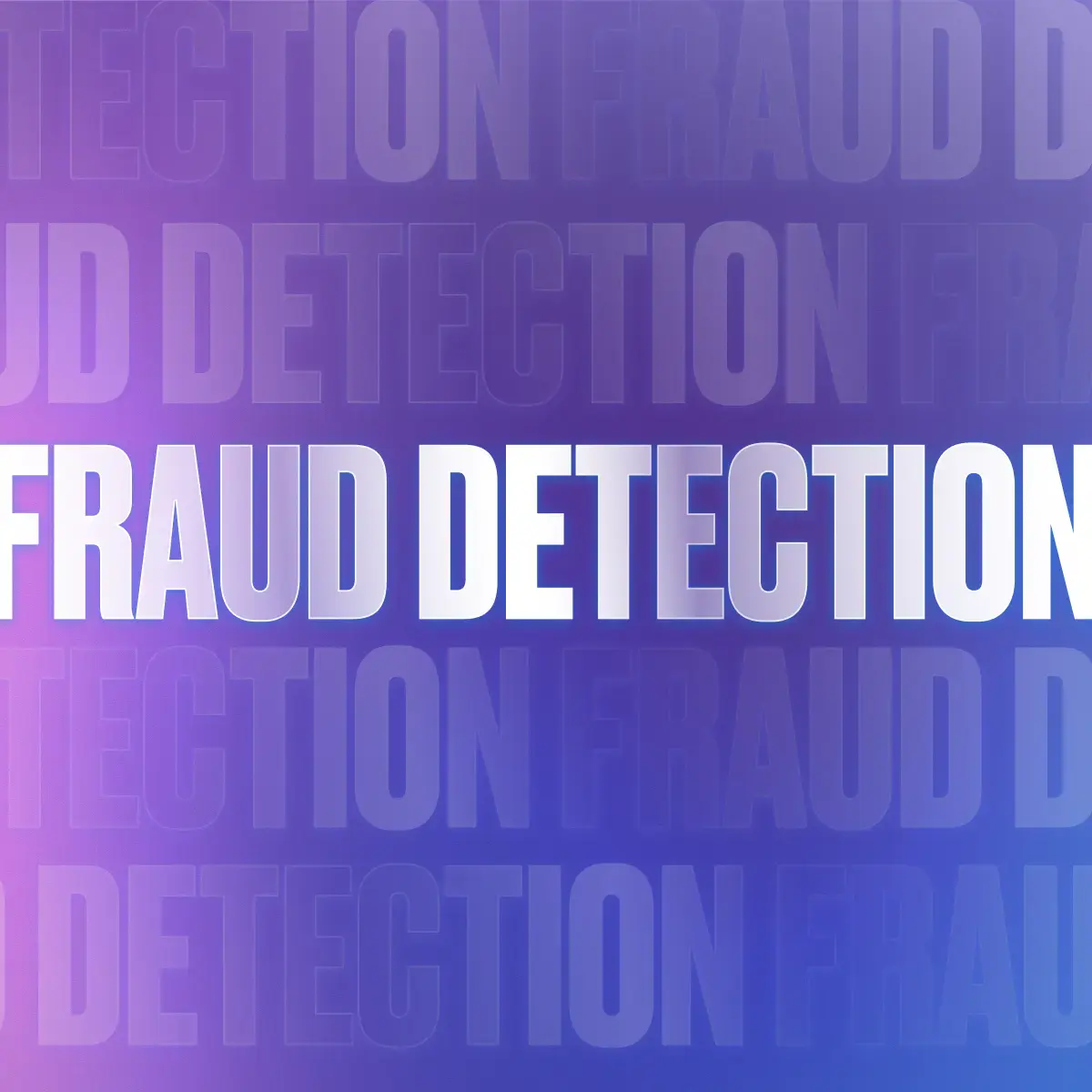The Digital Services Act will have wide-ranging implications for businesses both inside and outside the European Union. Read on to learn how online platforms and marketplaces fit into the DSA’s scope, and what their obligations are under this regulation.
The European Union’s Digital Services Act (DSA), which comes into effect on February 17, 2024, is aimed at regulating online platforms and services. It seeks to create a safer and more transparent digital environment for users, while also fostering fair competition between different online players.
But who exactly falls under the scope of the DSA? Who does the Digital Services Act apply to, and who does the Digital Services Act affect?
In this article, we will define the key terms and concepts related to the DSA and answer the following questions: Whom does the DSA apply to? What is considered an online platform under this legislation? And where do marketplaces fit into this definition?
What we cover
What is the DSA?
Before we dive into the specifics of who needs to comply with the DSA, let’s take a moment to recap the main facets of the legislation.
The DSA is a regulation that aims to establish a level playing field for all online platforms, especially those that have a significant influence on public discourse. By regulating these platforms, the DSA aims to promote fair competition and protect users from harmful content. It applies to all digital services that are offered or provided in the EU, regardless of where the service provider is located.
This legislation imposes new obligations on digital service providers, including online platforms, social media networks, and search engines. It will also introduce a new regulatory framework for the oversight of these services.
The three main issues the DSA seeks to address are:
Illegal content
One of the key provisions of the DSA is the responsibility that digital service providers have in removing illegal content from their platforms within a reasonable time frame. This includes hate speech, terrorist content, child sexual abuse material, and intellectual property infringement.
Harmful and counterfeit products
The DSA also requires online marketplaces to take measures to prevent the sale of harmful and counterfeit products on their platform. These measures include implementing a notice-and-action procedure for users to report such products, as well as ensuring product safety and compliance with EU regulations.
Unfair market practices
The DSA also aims to regulate unfair market practices, such as the use of algorithms that promote illegal or harmful content, bias in ranking and recommender systems, and opaque advertising practices.
Whom does the DSA apply to?
The European Commission answers the question “What digital services does the act cover?” as follows:
“The Digital Services Act applies to a wide range of online intermediaries, which include services such as internet service providers, cloud services, messaging, marketplaces, or social networks. Specific due diligence obligations apply to hosting services, and in particular to online platforms, such as social networks, content-sharing platforms, app stores, online marketplaces, and online travel and accommodation platforms.”
If your business is based outside the EU and offers services to EU residents, the DSA applies to you. Businesses established outside the EU also have to appoint a legal representative.
Very large online platforms (VLOPs) and very large online search engines (VLOSEs)—designated by the European Commission as having more than 45 million users, or 10% of the EU’s population—have more stringent content moderation obligations and reporting requirements.
What is an online platform under the DSA?
An online platform, as defined by the DSA, is a hosting service that, at the request of the recipient of the service, stores and disseminates information to the public. This includes online marketplaces, app stores, collaborative economy platforms, and social media platforms.
This definition is broad and intended to cover a wide range of digital services. The key aspect of this definition is that the service must be offered to consumers, meaning that the users are not businesses or other intermediaries.
Online platforms can take many forms and have different business models. They can be owned by large corporations or operated as small businesses. The DSA aims to ensure that all these platforms follow the same set of rules and promote fair competition in the digital market.
The guiding policy principles are:
- To create and maintain a level playing field for comparable digital services
- To ensure responsible behavior of online platforms to protect core values
- To foster trust, and transparency and ensure fairness on online platforms
- To keep markets open and non-discriminatory to foster a data-driven economy
By defining online platforms in such broad terms, the DSA aims to cover all types of digital services that have a significant impact on users’ lives and promote fair competition between them.
The full definitions of “intermediary service,” “online platform,” and “online search engine” can be found in Article 3 of the DSA.
How do marketplaces fit into this definition?
Marketplaces are specifically mentioned in the DSA as one of the types of digital services that fall under its scope. This is because marketplaces play an essential role in shaping the online economy and have a considerable impact on consumers and businesses alike.
The DSA will have a significant impact on the operations of online marketplaces, as they will be required to implement stricter measures and ensure compliance with EU regulations. Failure to do so can result in heavy fines and penalties.
To comply with the DSA, marketplaces must implement efficient product verification processes and provide clear information about sellers and products listed on the platform. This could look different depending on the marketplace, but in general, it will mean that buyers will be able to know who they are buying goods from before the transaction takes place. This will not only ensure compliance but also improve the overall user experience and trust in the platform.
As international regulations race to keep up with the rapidly evolving online space, marketplaces around the world will need to find solutions to make compliance easier—and not just with the DSA.
Barnett Klane, VP Product at Trolley, stresses the broad scope of the issue: “Facilitating scalability in our customers’ payout processes is a major concern of ours at Trolley. The DSA and INFORM Act are part of a wider global trend driving improved seller due diligence to create safer marketplace environments. While it’s always an option to bolt on another vendor, many of our customers prefer a holistic solution that not only checks the box for today, but enables full end-to-end verification. That way, they can ensure that they know exactly who they’re paying, and stay compliant with both the DSA and other pertinent regulations.”
Seller verification tools for your marketplace
Gathering the required data and processing payouts while adhering to DSA requirements can be complex, but Trolley’s technology streamlines these processes, allowing marketplaces to focus on their core business.
Trolley’s DSA solutions make it easy for online marketplaces to verify the identity of their sellers, ensure secure payments and transactions, and stay compliant. Our platform also offers robust fraud prevention measures to protect both buyers and sellers.
In particular, KYC (Know Your Customer) due diligence is an important aspect of DSA compliance. With Trolley Trust, online marketplaces can breathe a sigh of relief as KYC processes are taken care of during onboarding.
Trolley Trust has built-in:
- Identity & document verification: Collect and validate IDs versus 11,000 official government ID templates from over 200 countries and territories.
- Live photo validation: Use the power of image recognition to ensure the uploaded ID is from the actual person submitting it.
- Proof of address and age comparisons: Verify details provided during onboarding, such as address and DOB, with the ID document.
- Monitoring dashboards: Manage the KYC and IDV process from a single screen where you are alerted to actions you may need to take.
We also have other resources available to help you understand how to get compliant, including a full timeline of the DSA’s implementation and a guide to the DSA for marketplaces.
Contact us today to learn more about how Trolley can help your marketplace meet the challenges of the EU’s Digital Services Act and reduce your overall risk.







